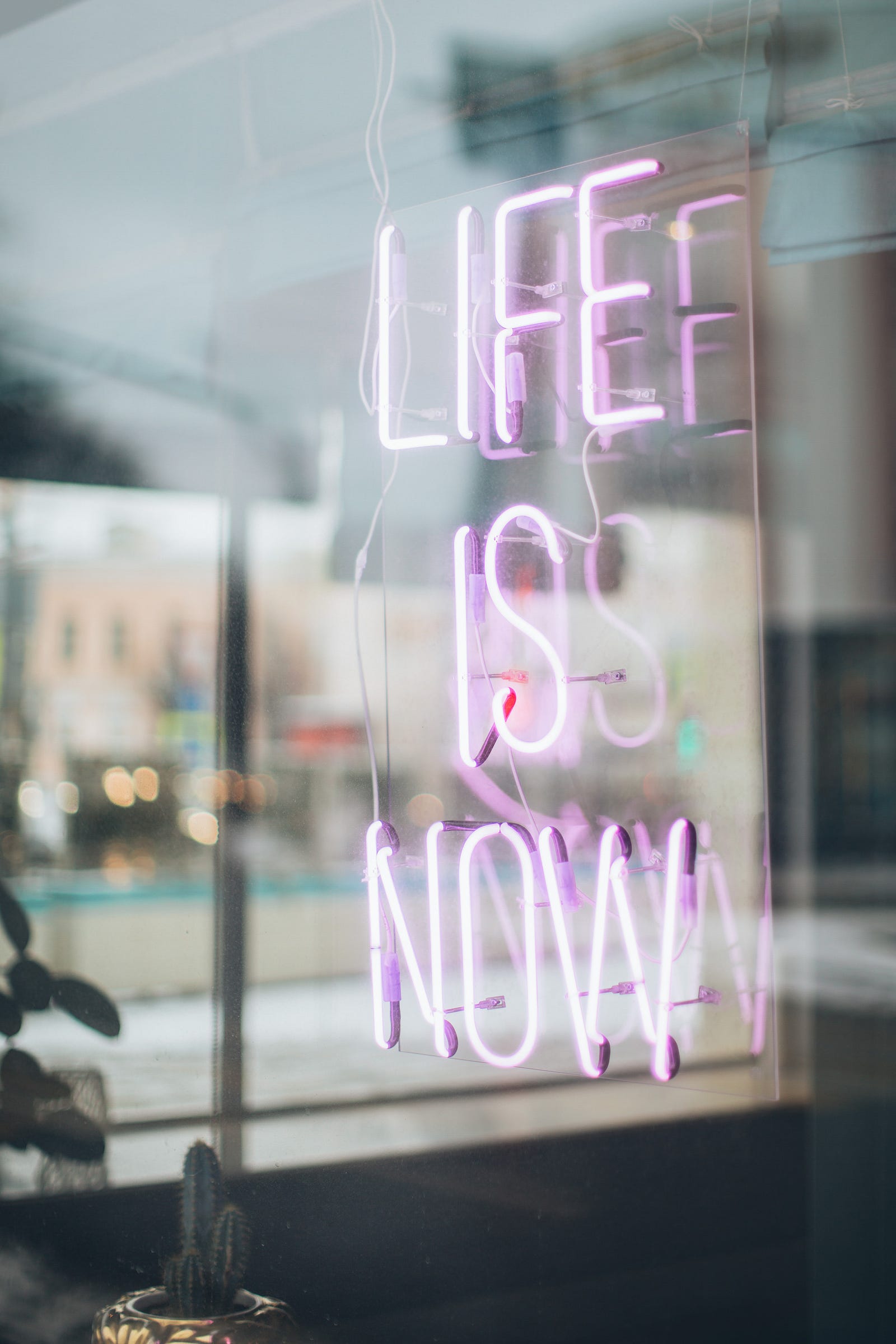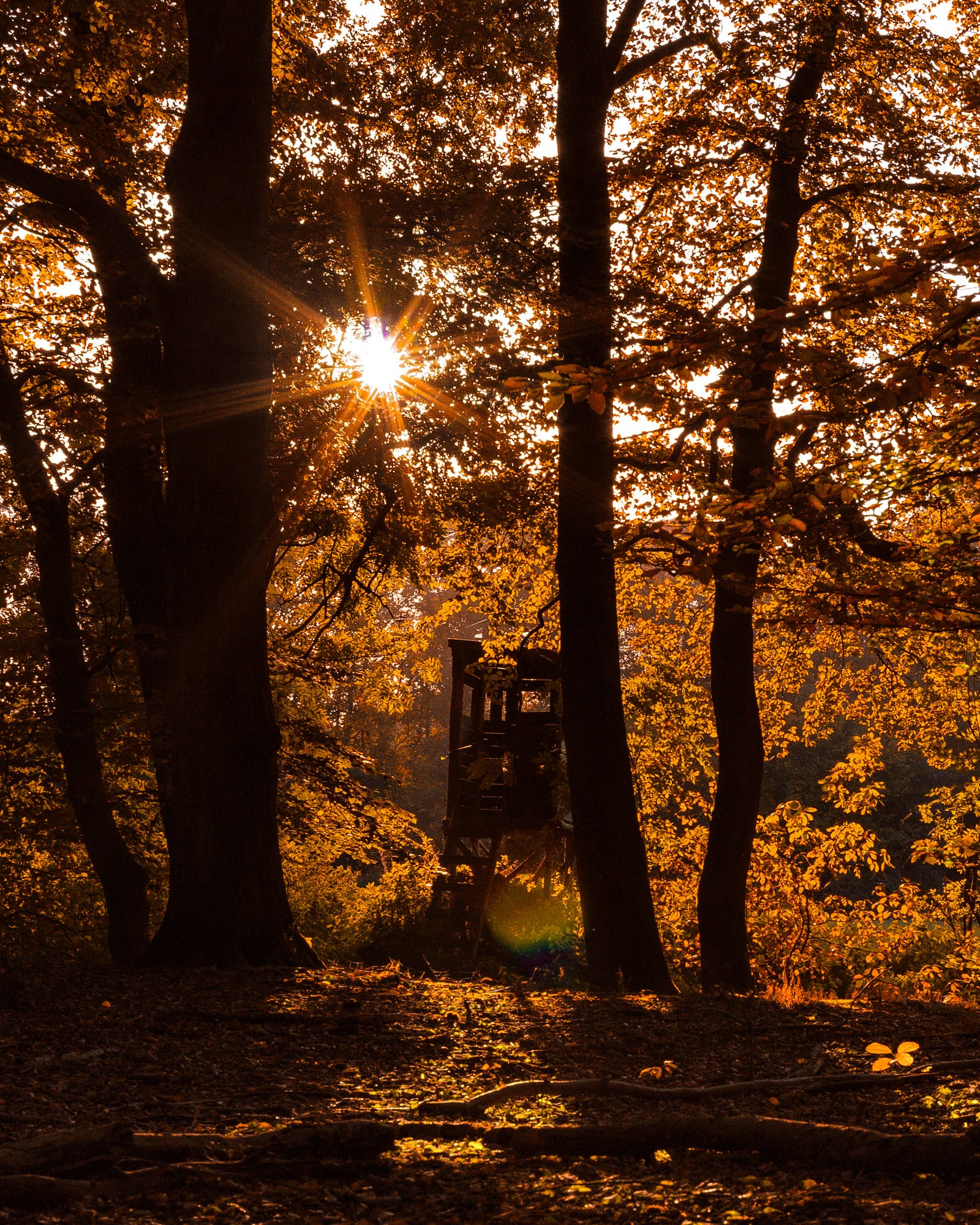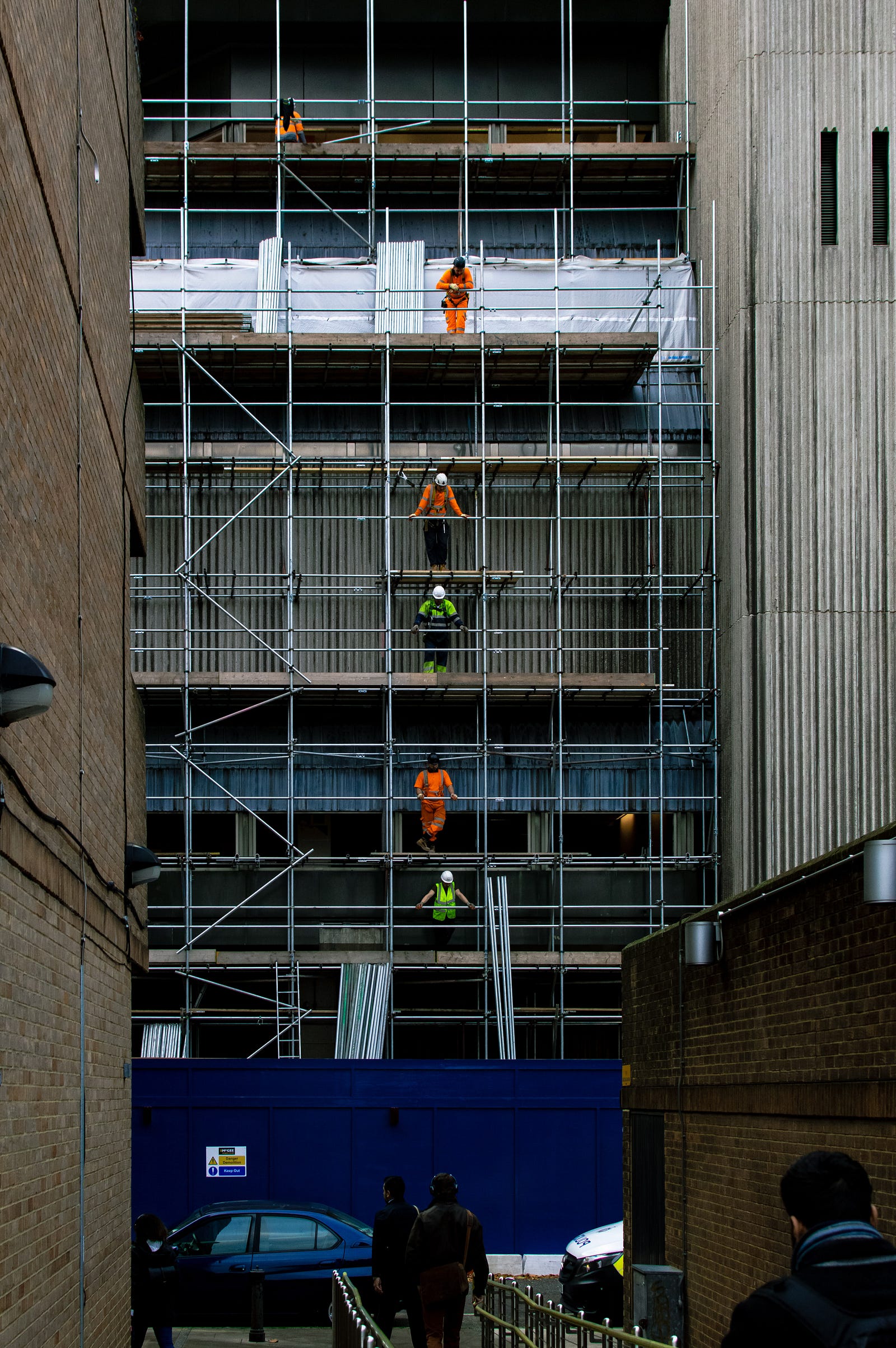Part 2: Why are we planning to go back to “normal” anyway? WORK
Is it starting to “feel” normal again?

It’s been an interesting week. I can only call it a week where people are starting to act normal again. What do I mean by this? Well, the general vibe on the street when I go out for my essential trips is one of a buzz. A few more shops that were closed are now open. More social distancing conversations are happening with people on their doorsteps with visiting family or friends. Is it completely back to normal? No, but there is something in the air; a kind of defiance and impatience. It does not help that the easing of the lockdown somehow had the words picnic and sun-bathing in the headlines. I think it’s still best to think we are at “war” with the invisible enemy to keep some sense of sensibility.
Gratitude

In my last post I did say I would write about various topics in relation to being a normalist, new-normalist and new-portunist in the current state of the crisis we live in.
So, today it’s about WORK. Now, firstly I have to show a certain sense of gratitude in this area. I’ve still got my job and work 100% at home. This is not the case for everybody in the digital and technology world but yes, the transition has not been that hard as I worked from home regularly and going completely remote has worked. A friend in the same line of work talked about his situation and said: “I’m extremely privileged, I still have income that can cover my expenses just fine”
“I’m extremely privileged, I still have income that can cover my expenses just fine”
He is right but this is not the case for everyone. From 50% pay cuts, being furloughed or losing your job — you probably know of many stories and some are closer to home than others. The impact is universal but it’s not the for everybody so a sense of gratitude is needed for those who can “work from home”.
Do you have the right job?
Working from home does NOT mean you have a better job than somebody who cannot work from home.

Let’s get this right out into the open. Working from home does NOT mean you have a better job than somebody who cannot work from home. I’m getting a sense that some people think being part of the digital industry or being able to do the daily-laptop-jive somehow makes you higher and mightier than the person who doesn’t. That’s simply not true.
A job that requires you to interact with the environment, nature, tools and….people in person, face to face is a job we were told to stop unless it was deemed essential.
So, what now? Is it to go back to normal in the same job and risk another spike only to be furloughed or out of work for another period of time? Do you go back to the building site and maintain “social distancing… on the building site”…hmm? Are you looking to do Zoom sessions with your fitness clients even though you know you brought so much more value one-to-one in person. It’s why I started with my excellent personal trainer and made progress that could only have been in person. What of the massage therapist— what’s their new normal? You can probably reel off others.
We are missing a fundamental thing here in that many of those jobs that “stopped” were real work working with people and providing services which are far more valuable than an email or a Zoom session.
But it nonetheless makes us think — what is the stable job moving forward if the virus is here to stay?
Does the system that crashed around you like a lead balloon make you want to go back to the normal you had? How do you see your new-normal now that lockdown is kind of lifting? I cannot tell my driving instructor friend to look for another job given she’s been out of business for two months and no sign of sitting in a car with her clients.
Many of the face-to-face non-digital jobs are crucial for the health and well-being of many as well as proving real service value. But yes, there is an option to think about how this can really work in the future and how can society and the community make space for you to continue doing something worthwhile in your mind if say a lockdown lasted one year? It’s one way to look at it to focus the mind on alternative thinking and options. But it’s also scary.
What’s the key?

Those on the frontline: doctors, nurses, midwifes, health care assistants, hospice workers, care home workers, cleaners, drivers, security guards, hospital cooks, laundry assistants, teachers, teaching assistants, social workers, pharmacists, packers, cashiers, police personnel, transport workers, food workers, utility workers and many more.
There is not much to say here because they have not been working in the normal way and the new normal will reward them and create a temporary buzz that shows appreciation. The new opportunity is to tell the real story for now and future generations, so the buzz is permanent and not a buzz at all.
“In 2020 we were at war and over 30,000 lives were lost in two months”
A future quote? It’s the here and now and something we need to keep in the front of our minds.
The respectful job that was never truly respected in many ways has to be at the heart of education for all. It does not mean everybody must take on one of these key-worker roles as the route for many in becoming a doctor is very different compared to becoming a laundry assistant in a hospital. But people need to know and respect all these roles and the system of rewards requires a way beyond new normal type of token appreciation. It needs to be at the core fabric of the working world where everything else hangs off this. That’s quite utopian but what I mean is this central hub of professions must 100% be the highest focus of government for years to come.
“Does that mean that everything that is not in the bubble of being a key worker is less valued?”
I think not. When a friend embarked on his remarkable journey to setup an African gourmet restaurant many said it would not work. The support was lacking but it worked and brought enterprise and employment to many. Livelihoods were helped considerably. The love of the food industry was easy to see but we do not know when his industry above all others will recover. So, what is the opportunity for the restauranteur, chef and waiter in these times. Surely it’s beyond the makeshift takeaway to keep things going for now? How can the future restaurant and all the ambience and personality it has become a new future model?
There is no definitive answer or law in identifying in being a normalist, new-normalist or new-portunist. I think many of us will waver and traverse along all of these depending on the different aspects of our lives.
One last thing which is actually the hardest thing to write about is that we are not a cashless society. Contactless may have been the word of choice for the last few years but many, many people work for cash in hand. Day by day…there is no furlough or support in this scenario…